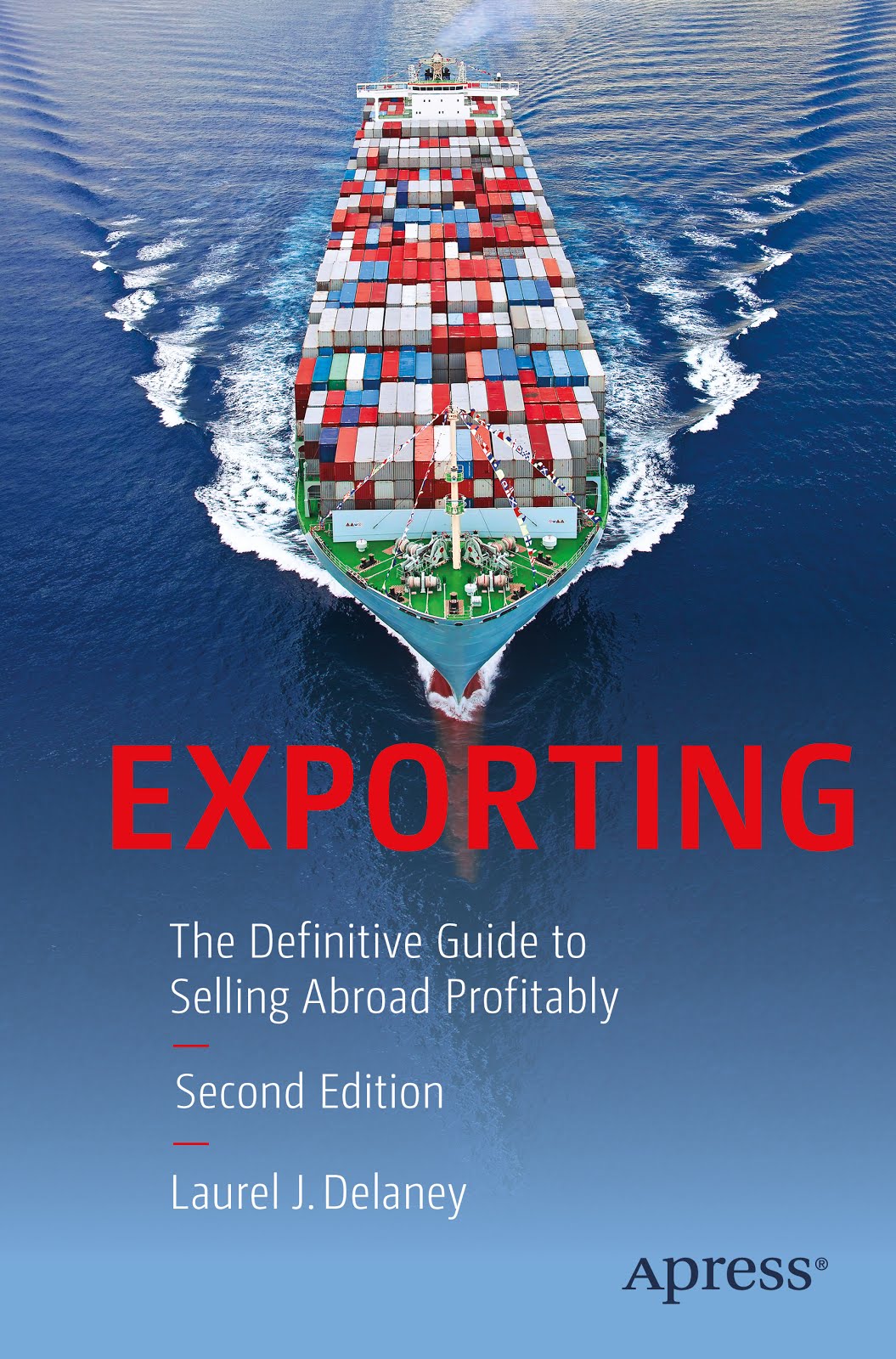 |
| Photo credit: Laurel J. Delaney, President, GlobeTrade.com |
Enjoy your weekend.
Posted by: The Global Small Business Blog
The Definitive Blog for Entrepreneurs and Small Businesses
Interested in Going Global
 |
| Photo credit: Laurel J. Delaney, President, GlobeTrade.com |
 |
| iStock/Thinkstock |
 |
| iStock/Thinkstock |
 |
| iStock/Thinkstock |
With 37,000 restaurants in 110 countries, Yum! even eclipses that more famous icon of American colonization, McDonald's, to rank as the world's largest restaurant chain in terms of numbers of outlets.Read more here.
 |
| Fuse/Thinkstock |
Indonesia has a very positive story to tell -- for openers, its economy is on track to hit $1 trillion in GDP by 2014. The country is the third-largest democracy in the world and it is in a demographic sweet spot -- half its population is under 30.Read more on why Indonesia might be a good place to invest or export to -- here.
 |
| iStock/Thinkstock |
 |
| Photo credit: Laurel J. Delaney (Chicago skyline extraordinaire -- current weather here) |
 |
| Ingram Publishing/Thinkstock |
 |
| iStock/Thinkstock |
 |
| iStock/Thinkstock |
 |
| iStock/Thinkstock |
 |
| Monkey Business/Thinkstock |
General Mills projects the international unit, its fastest growing division over the last five years, will generate more than $3.7 billion in sales in 2015, up from $2.7 billion in 2010. The company is also “actively working” to find deals to expand overseas, particularly in emerging markets such as Brazil, Russia, India and China.Read more here.
 |
| Photo credit: Laurel Delaney, Chicago lakefront |
 |
| iStock/Thinkstock |
Even though the trade gap hit an 18-month high in May, exports rose substantially, by $3.5 billion. Imports just grew faster, by $5.5 billion. But increasing exports is pretty significant news. Last month they declined by $1 billion, so a big bump in the positive direction is welcome news. In fact, exports grew to the largest amount we've seen since September 2008, hitting a 20-month high.Read more here.
 |
| Lite Productions/Thinkstock |
 |
| iStock/Thinkstock |
"Definitely the weakness in trade through May suggests less momentum in the economy," said Shawn DuBravac (Twitter), chief economist for the Consumer Electronics Assn.Read more here.
 |
| iStock/Thinkstock |
 |
| iStock/Thinkstock |
 |
| iStock/Thinkstock |
Japanese companies from Toyota to Canon are for the first time looking at poor people in emerging markets as potential consumers.To offset the slump at home, Japan is seeking new, high-growth markets.
 |
| iStock/Thinkstock |
 |
| iStock/Thinkstock |
 |
| iStock/Thinkstock |
 |
| iStock/Thinkstock |
 |
| Wavebreak Media/Thinkstock |
HSBC's International Business Survey found that the portion of U.S. executives planning to increase their overseas sales targets rose sharply to a survey high of 72%, up from 49% in 2008 and 56% in 2009, underscoring the rapid globalization of the core of America's economy. Fifty-six percent (56%) of the executives polled say their overseas sales are growing faster than domestic sales, a rebound from 52% last year though still below the 67% level seen in 2008.Read the news release here.
 |
| iStock/Thinkstock |
• The global context in which U.S. MNCs compete and invest is shifting. The United States retains many strengths that make it one of the most attractive markets for multinational companies’ participation and investments. But numerous fast-growing emerging markets and some advanced economies are making huge strides in increasing their attractiveness. The United States has entered a new era of global competition for multinational activity.This fact is merely one of numerous economic impacts U.S. multinationals are facing in the new world marketplace.
 |
| iStock/Thinkstock |
 Here's to a great 4th of July holiday weekend where you kick back yet make time for some good old-fashioned summer reading. We hope it starts here.
Here's to a great 4th of July holiday weekend where you kick back yet make time for some good old-fashioned summer reading. We hope it starts here.